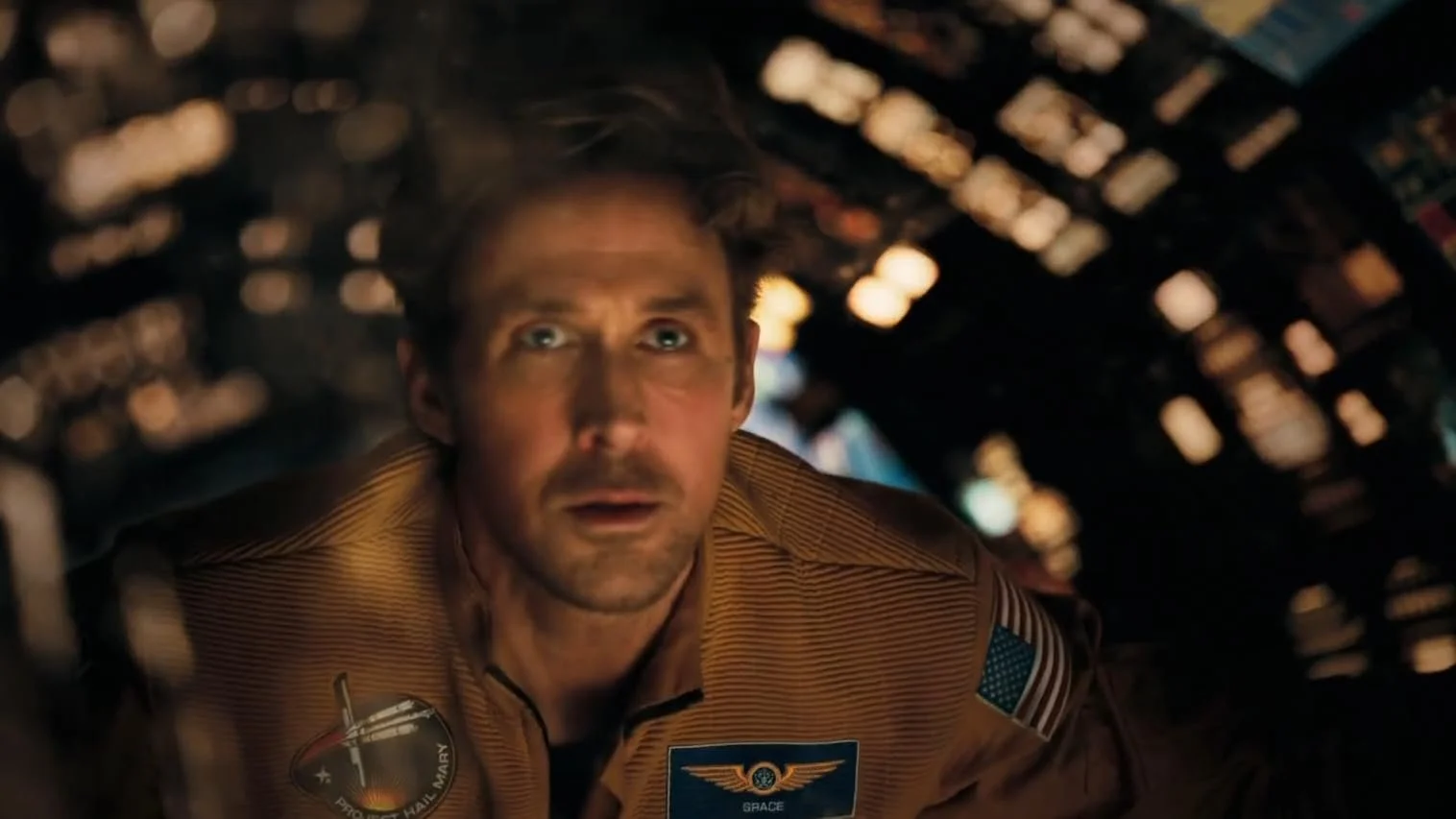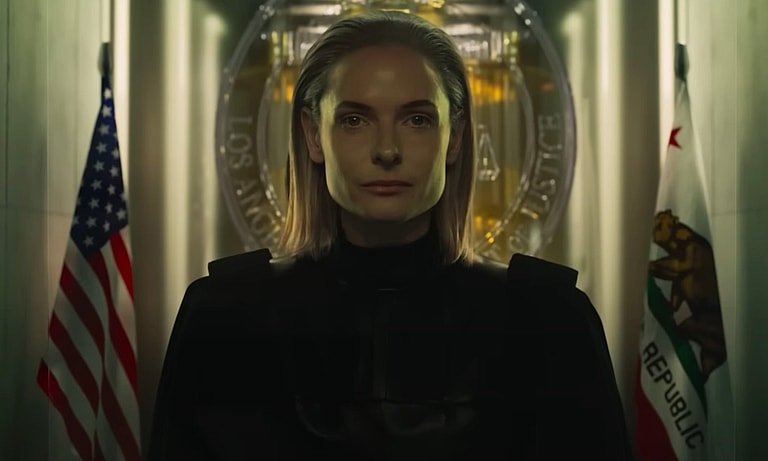Justice League (“The Snyder Cut”, 2021)
/Justice League was first released in 2017, but practically since then, the “#ReleasetheSnyderCut” campaign continually lobbied for original director Zack Snyder’s take on the film. He originally was forced to step aside after a family tragedy, with Joss Whedon (The Avengers) taking the helm. Late last year, the Twitter campaign reached a fever pitch. This, possibly in combination with the need to promote the new HBO Max streaming service as well as the punishing economics around theatre-going for the foreseeable future, has led to this special Director’s Cut being realized.
Compared to the initial trailer for the 2017 release, the difference, unsurprisingly, is stark. Whereas in 2017 we hear snippets of the White Stripes’ 2000s-era classic “The Hardest Button to Button” and a beefed up version of The Beatles’ “Come Together” (themed appropriately for a Justice League venture), in this new trailer we get, instead, Leonard Cohen’s “Hallelujah”.
The choice in music is evocative on multiple levels: Here is the unapologetically unadorned, raw cut of the film thousands (millions?) of fans have been clamouring for. “Hallelujah” is most definitely better known by some combination of its 123 cover versions, not least of which being the 1994 version by Jeff Buckley. Here, then, is a pretty clear message: This isn’t the slick, produced “Jeff Buckley” Justice League—here is the original take—the black coffee—the way it was always originally intended to be served.
On another level, the choice of song could be in reference to the idea that the release of this director’s cut is itself a bit of a miracle. While some may recognize it as a choice Snyder used in Watchmen, the director noted on the podcast Reel In Motion that Hallelujah is “a really personal song for [his] family” and “has significance beyond just the movie”.
Regardless, it’s incredibly unusual, to say the least, to see a superhero trailer with no audio for the majority of its runtime other than the fairly laid-back musings of Leonard Cohen and band. There are practically zero epic trailer tropes to be heard here—nothing of the Inception variety; no ticking, no single, ponderous piano tones, no thundering, martial percussion—a reset of sorts, afforded in part because it’s a film that has already effectively received its bombastic campaign. Instead, it’s played for a base audience that needs no persuading in the conventional, mainstream sensibility of modern trailers.
Additionally, it could also be a bold statement to help separate and differentiate the Snyder cut from the original—similar music, or anything replicating the style of the original trailer, or indeed anything generically compliant, might legitimately arouse suspicion as to just how different Snyder’s take really is. Notice that the title card merely shows the “JL” logo and foregrounds “#TheSnyderCut” at the bottom—emphasizing and acknowledging the role the Twitter campaign played in convincing Warner Bros to greenlight the release. This isn’t to say that the music track is lazily or simply applied, either. Allusions to the lyrics abound, such as the hug at 1:03 in synch with “I couldn’t feel, so I tried to touch.” There are a couple of moments where there is a blackout on the screen alongside a stop in the music, sticking to epic conventions somewhat, like at 1:42. Throughout, the sweep and arc of the on-screen action broadly follows the music, and the track is generally allowed to play in full, unabated and unadorned.
Beyond the various circumstances that led to this most unusual edit for an epic trailer, it’s a refreshing approach. While it does not foster any new paradigms or conventions for editing music and sound to a trailer per se, the trailer succeeds by cutting most ties to the generic conventions that too often bind superhero movie promos.
Snyder’s cut for Justice League is currently set for release on HBO Max in 2021.
— Curtis Perry







